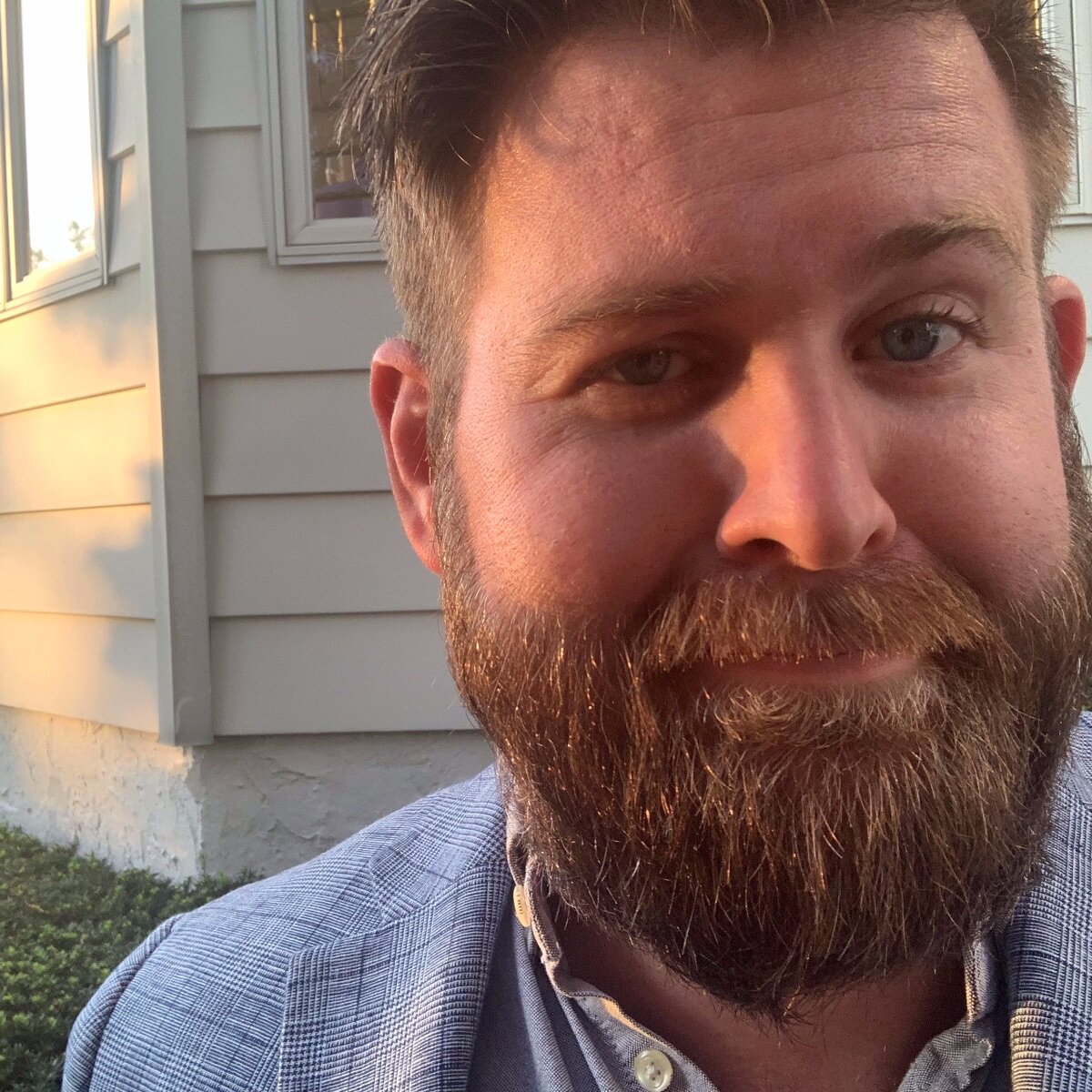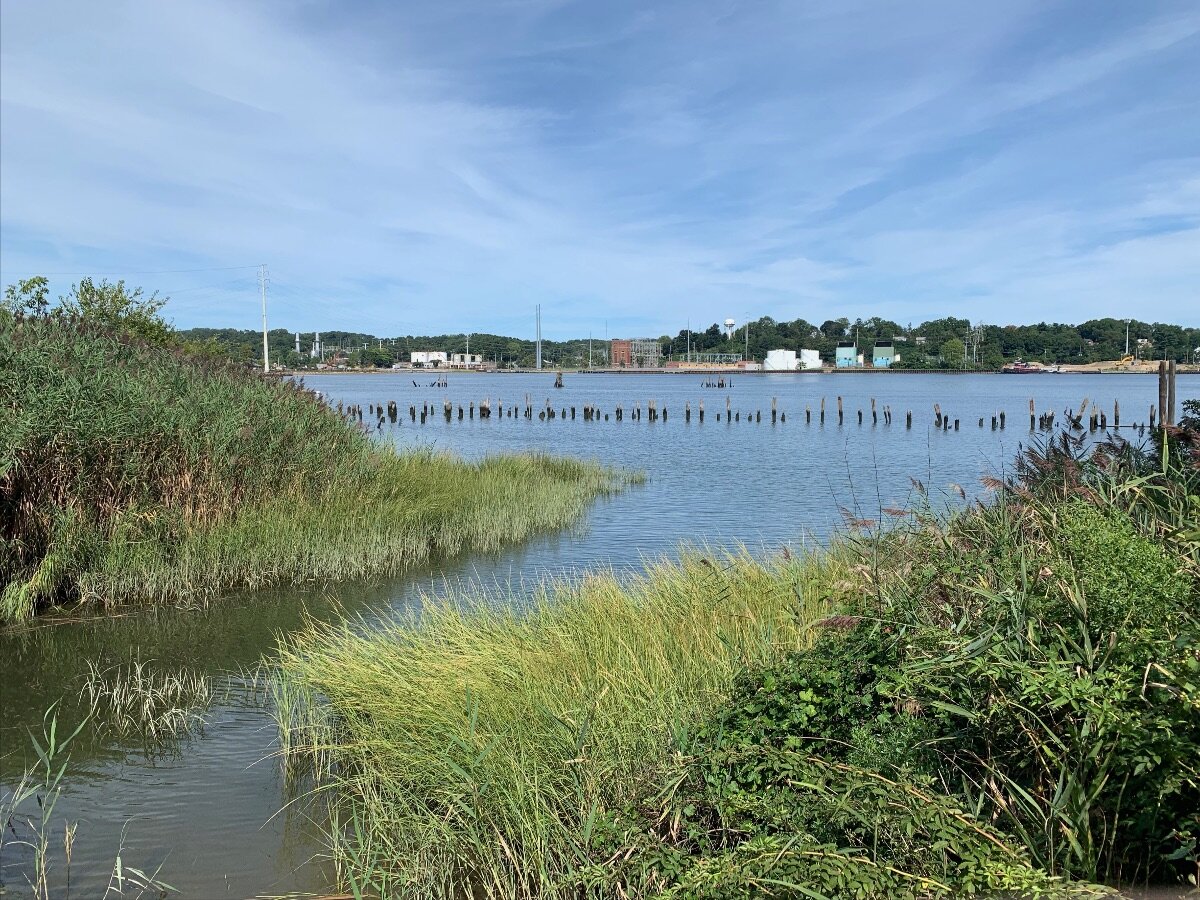What Has My Attention
Over the past couple weeks I’ve been wrestling with feeling low, overwhelmed, and generally frustrated by seemingly... everything. This is perhaps one of the most common things I noticed about myself when I started paying more attention to personal development and metacognition. It seemed like every couple months I would go through a cycle of just feeling terrible.
I still haven’t been able to figure out what causes these bouts of lowness. I used to think there was something I would do (or not do) that would trigger one of these periods but now I’m not so sure. This time around, for instance, I noticed that I stopped consistently meditating and writing in the morning. But I can’t pinpoint when the bad feelings started. Did I stop doing these two daily habits because I was already feeling bad or did I stop doing these two habits and then I started feeling bad? I don’t know. And maybe it was something else? Maybe I received some negative feedback that didn’t even really register at the moment I got it but was enough to knock me off kilter? Or maybe a project hit a roadblock and I’m not sure how to get past it and haven’t really sat down long enough to figure it out? Or maybe I’m just not sleeping enough? Or maybe I’m burned out?
We’re dealing with a complex system here so the right answer is that it’s probably a mix of all of the above — or something completely different.
What I do know, though, is that a combination of time and doing some really simple things seem to help. I’ve been creating a very personal checklist that I pull out when I’ve noticed I’ve slipped into one of these dark periods. It doesn’t always help... but sometimes it does.
If any of this resonates with you, maybe my list might help you, too?
Things To Do That Might Help Me Stop Feeling Bad
Eat something really healthy. Ideally something that grew out of the ground. Bonus points for making a full meal of something healthy rather than ordering delivery (which I know I want to do because I feel bad and I want to eat easy, unhealthy food when I feel bad).
Figure out a way to take a nap sometime this afternoon. Shuffle some meetings, knock off early... grab a few minutes of shuteye.
Clear my next couple mornings (if possible) and sleep “to completion.” Meaning, don’t set an alarm. Just sleep until I wake up and then have a regular day.
Follow my “Default Day” three days in a row. Just grit your teeth and do it. It’s your Default Day for a reason.
Find something to declutter. Removing junk out of your life makes you feel light and free. Physical or digital — both count.
Identify a task that is gnawing at me. Finish that bad boy even if it’s the only thing I do today.
Spend 20 minutes working on a project that seems overwhelming and impossible. At the end of 20 minutes I can go back into sloth mode.
Watch the This is Water talk by David Foster Wallace.
Do a stream of consciousness brain dump/mind sweep in my journal. Set a timer for 20 minutes and just write non-stop about what’s on my mind until the timer goes off.
Go for a walk. Ideally with no route in mind. Say hello to at least one dog.
Drink a big glass of water. Like, really big. Maybe two.
Take a shower. Turn it so hot it hurts. Test out the acoustics while doing a Pearl Jam impression.
Text a friend.
If I do a couple of these every day I’m pretty convinced that it helps me get back to my normal productive and chipper self. Or not, but at least it feels like I’m an active agent in my own life.
Links Worth Your Attention
I wrote a lot this week, so I’ll keep the links short and sweet.
I wrote a recap of how my April Month of Write went. (SamSpurlin.com)
Can we escape from information overload? (1843 Magazine)
Do the work. (Rick Lepage)
Fuck the bread. The bread is over. (The Paris Review)
Closing Round
Playing: Still chipping away at Final Fantasy VII Remake. It’s good, but I haven’t really made time to go really deep into it like any good RPG really warrants.
Listening: New GoGo Penguin. Heck yes. I know I’ve linked to it before but their Tiny Desk Concert is one of my favorite things ever. I should probably put it on my Things To Do To That Might Help Me Stop Feeling Bad checklist.
Reading: On to book three of Hyperion Cantos. Just finished something called Dancing at the Edge: Competence, Culture and Organization in the 21st Century, which was surprisingly good.
Your friend,
Sam

















